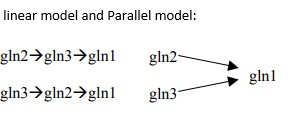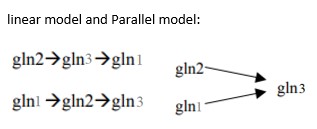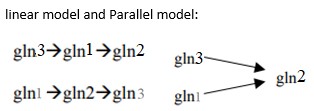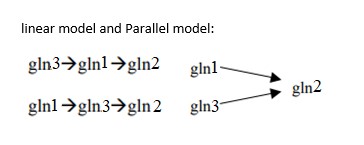TLS Online TPP Program
More Questions
TLS Online TPP Program
#Question id: 15239
#SCPH01 Biochemistry
Which of the following are the three important components of gel Electrophoresis
a) Current applied
b) Buffer system used
c) Gel concentration
d) Surface of electrophoresis kit
TLS Online TPP Program
#Question id: 15239
#SCPH06 I Botany
Which of the following are the three important components of gel Electrophoresis
a) Current applied
b) Buffer system used
c) Gel concentration
d) Surface of electrophoresis kit
TLS Online TPP Program
#Question id: 15239
#SCPH28 | Zoology
Which of the following are the three important components of gel Electrophoresis
a) Current applied
b) Buffer system used
c) Gel concentration
d) Surface of electrophoresis kit
TLS Online TPP Program
#Question id: 15266
#SCPH01 Biochemistry
In DNA isolation, which of the following enzyme remove/digest proteins in presence of SDS or chelating agent
TLS Online TPP Program
#Question id: 15266
#SCPH06 I Botany
In DNA isolation, which of the following enzyme remove/digest proteins in presence of SDS or chelating agent
TLS Online TPP Program
#Question id: 15266
#SCPH28 | Zoology
In DNA isolation, which of the following enzyme remove/digest proteins in presence of SDS or chelating agent




